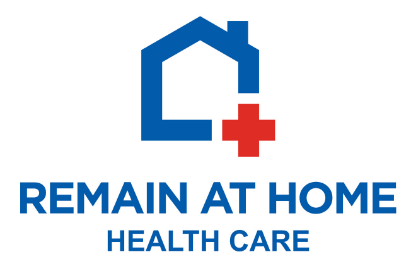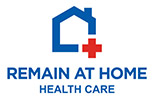If you are like most of us, it’s likely you have a few bottles of prescription medicine lying around that you don’t need anymore. Perhaps you filled a prescription, only to learn later your doctor was changing your treatment plans. Or perhaps the drugs prescribed went out of date before you finished taking them.
When you wind up with a medicine cabinet full of unwanted or unused medications, it’s a good idea to dispose of them, but how?
Safely dispose of prescriptions
The U.S. Food and Drug Administration (FDA) has established guidelines for the responsible disposal of unused or unwanted drugs in order to “minimize the harmful impacts of discarded medication on the environment, including plant, animal and human life.”
In other words, the days of tossing drugs into the garbage can or flushing them down the toilet have come to an end.
Putting old medications in the garbage may allow them to get into the wrong hands, including young children, and flushing old drugs can be harmful to local lakes, streams and other water sources (the U.S. Geological Survey studied water from 139 streams in 30 states and found that 80 percent of those bodies of water contained traces of pharmaceuticals).
Instead, the FDA recommends taking advantage of community take-back programs. Athens-Clarke County’s Solid Waste Department – in concert with the Sheriff’s Office – holds biannual “Shreds and Meds” event to collect expired medicines, which sheriff’s deputies then dispose of. For information in next year’s program, you can call (706) 613-3501 or contact A.C.C. by email at [email protected].
If you decide to dispose of your medicines in your household garbage, the FDA suggests you take the drugs out of their original containers and mix them with a substance like coffee grounds or kitty litter, making the medications less appealing or recognizable to children, pets or people who may go through your trash.
And it goes without saying you shouldn’t give unused medications to family or friends. Those drugs were prescribed with your symptoms and medical history in mind, so handing them off to someone else could prove to be dangerous.
Your local pharmacist can also assist you with any questions regarding medications, including it’s disposal. Let’s all help each other stay safe – and stay well.





